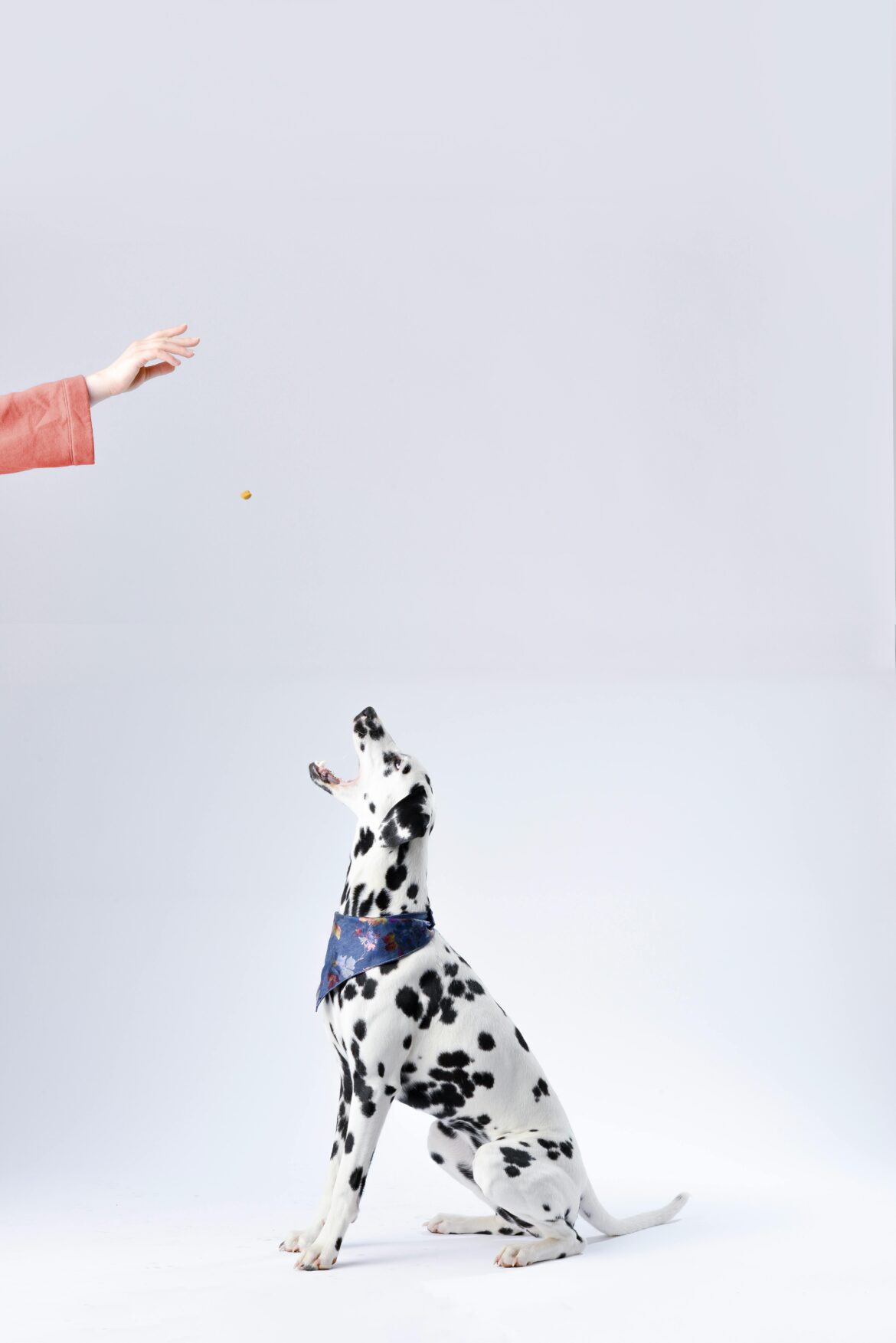Puppy Training Simplified: Your Essential Guide
Embarking on the journey of puppy training can be both exciting and daunting. This comprehensive guide aims to simplify the process of training your new furry friend. By breaking down key principles and addressing common challenges, you’ll be well-equipped to foster a positive relationship with your puppy, ensuring they grow into a well-behaved and happy adult dog.
Introduction to Puppy Training
Puppy training is crucial not just for your sanity but for your puppy’s development. Start training as soon as your puppy comes home, which is typically around eight weeks old. Training spans various aspects including housebreaking, basic obedience, socialization, and bite inhibition.
Setting the Foundation: House Training
What is House Training?
House training, or potty training, involves teaching your puppy where and when it is appropriate to go to the bathroom.
Tips for Effective House Training
- Establish a Routine: Regular eating and potty schedules help predict when your puppy needs to go outside.
- Choose a Specific Spot: Take your puppy to the same spot each time to help them recognize the potty area.
- Use Praise and Rewards: Affirm positive behavior with treats or verbal praise immediately after your puppy goes in the right spot.
- Be Patient: Accidents are normal. If they happen, clean up without punishment and continue encouragement.
Understanding that patience and consistency are key will make this process smoother for both you and your puppy.
Basic Obedience: Commands Every Puppy Should Know
Importance of Basic Commands
Teaching basic commands helps manage your puppy’s behavior and ensures their safety. Stick to one-word commands like “Sit”, “Stay”, “Come”, and “Down”.
Training Techniques
- Positive Reinforcement: Reward your puppy with treats, affection, or playtime whenever they follow a command.
- Consistency is Critical: Use the same words and actions each time to help your puppy learn quicker.
These foundational skills will serve as the building blocks for more advanced training techniques.
Socialization: Preventing Behavior Problems
The Role of Socialization
Socialization involves introducing your puppy to a variety of people, places, and other animals. This exposure helps prevent aggressive or fearful behavior in adulthood.
How to Socialize Your Puppy Safely
- Start Early: Begin socializing your puppy after their first set of vaccinations.
- Controlled Introductions: Keep encounters positive and controlled. Overwhelming your puppy might backfire.
- Continue Throughout Life: Socialization is an ongoing process that should continue into your dog’s adult life.
Proper socialization significantly enhances your puppy’s quality of life and your enjoyment of pet ownership.
Bite Inhibition Training
Understanding Bite Inhibition
Bite inhibition teaches your puppy to control the strength of their bites. It’s important for safety, especially around children and other pets.
How to Teach Bite Inhibition
- React: Let out a yelp or stop playing if your puppy bites too hard. This mimics the response they would get from other puppies.
- Redirect: Give them a toy to bite instead.
- Consistently Reinforce: Repeat this process consistently to reinforce that biting people is not acceptable.
Training your puppy not to bite is essential for preventing behavior issues in the future.
Handling Common Training Challenges
Dealing with Stubborn Puppies
Some puppies may seem more stubborn than others. Adapting your techniques to fit their unique personality is key. Patience, persistence, and consistency are your greatest tools.
Fear and Anxiety Issues
Fearful puppies require a gentle approach. Gradual exposure to their fears, combined with rewards for brave behavior, can alleviate anxiety.
Chewing and Destruction
Provide appropriate chew toys and supervise your puppy closely. Redirect any inappropriate chewing and praise them for choosing the right objects.
FAQs in Puppy Training
When Should I Start Training My Puppy?
Begin basic training the day you bring your puppy home, generally around eight weeks old. Early training embeds good behaviors from the start.
How Long Does it Take to Train a Puppy?
The time it takes to train a puppy can vary. Consistency and daily training sessions help ensure quicker learning but anticipate several months for basic obedience and house training.
Can I Train My Puppy Myself?
Absolutely! While professional trainers can be helpful, particularly for specific issues, many owners successfully train their puppies through self-education and patience.
Conclusion
Training a puppy requires time, patience, and consistency but is a deeply rewarding experience. As you embark on this journey, remember that each puppy is unique. Tailor your methods to fit their personality and the unique bond you share. With the right approaches and mindset, you’ll enjoy a wonderful life with your well-trained dog.
This guide provides a solid foundation for anyone looking to simplify the complexities of puppy training. With patience and persistence, you and your puppy will learn and grow together, building a bond that lasts a lifetime.



